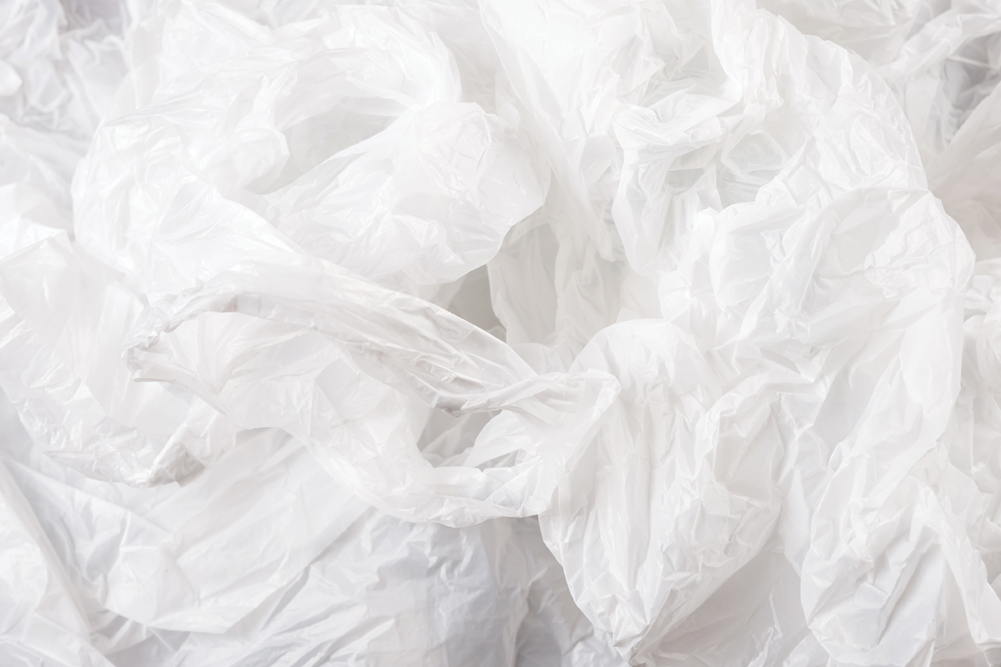Commissaries, retailers and suppliers are all scrambling to adapt to a series of recently or soon-to-be-passed laws aimed at cutting the amount of packaging waste in the US food system.
In 2021, Maine became the first state to pass legislation establishing Extended Producer Responsibility (EPR) laws for packaging and paper materials. Oregon quickly followed suit, passing its own legislation, also last year.
Many other states have similar bills pending. A large percentage of them establish extended producer responsibility program requirements for producers of packaging material sold, offered for sale or distributed in the respective state, including through an online transaction.
Many of the bills include printed paper and/or paper products, while some have also included a range of single-use products such as straws, utensils, cups, plates and plastic bags. In most bills, producers are also required to join a producer responsibility organization (PRO) and pay some form of a fee to the PRO to help with collection, education and implementation of EPR goals.
The bill now making its way through the California legislature, for instance, bans online retailers that sell and ship purchased products from using single-use plastic shipping envelopes, cushioning, or void fill to ship or transport the products.
It also prohibits a manufacturer, retailer, producer, or distributor from using expanded or extruded polystyrene packaging to package or transport shipped products into the state and requires stores to establish an at-store recycling program for customers to return clean plastic carryout bags and clean reusable bags.
Many of the laws are driven by surging consumer demand for more environmentally-friendly packaging.
According to recent Ipsos data, 80% of Americans are concerned about the environment in general, and 84% have specific concerns about plastic and packaging waste. The concern was widespread across generations, with baby boomers having the highest level of concern about packaging waste at 87%, followed by Gen Z (85%), millennials (83%) and Gen X (79%).
Getting on board
Retailers are starting to adapt to this new world.
Rochester, N.Y.-based Wegmans, for instance, recently announced its plans to eliminate plastic bags companywide by the end of 2022. The company’s goal is to shift all customers to reusable bags.
“We understand shoppers are accustomed to receiving plastic bags at checkout and losing that option requires a significant change,” said Jason Wadsworth, Wegmans’ category merchant for packaging, energy, and sustainability. “We are here to help our customers with this transition as we focus on doing what’s right for the environment. As we’ve encountered plastic bag legislation in numerous markets, we’ve learned there’s more we can do, and a bigger impact we can make, together with our customers.”
Wegmans will incentivize the use of reusable bags by charging five cents per paper bag, an approach that has proven successful in New York and other markets. In stores where the company has already eliminated plastic bags, on average, paper bags are used for 20-25% of transactions, while the remaining 75-80% use reusable bags, or no bag at all.
By eliminating plastic bags from the rest of its stores and focusing on transitioning our customers to reusable bags, Wegmans is preventing approximately 345,000,000 single-use bags from going into circulation in a year’s time, according to the company.
The amount collected from the paper bag charge will be donated to each store’s local food bank and United Way. In 2021, the more than $1.7 million Wegmans collected and donated from the bag charge was used to increase access to wholesome food and address the most critical needs of its communities.
To help retailers make the move from plastic to reusable as easy as possible, a new service from Jersey City, N.J.-based GOATOTE allows grocery shoppers to check out reusable bags at in-store kiosks and return them for fresh ones during their next shopping trip.
GOATOTE, a winner of the Beyond the Bag Challenge, is piloting its system in select CVS Pharmacy and Target stores across New Jersey, advancing reusable bag alternatives as the state enacts its ban on single-use plastic bags, according to the company.
For the pilots, GOATOTE is partnering with 99Bridges for the technology platform that powers its reusable bag system.
Target date 2025
Helping commissaries, retailers and their supplier partners transition into a more environmentally-friendly packaging world is the U.S. Plastics Pact, which launched in 2021 with the aim of achieving 2025 circular economy goals.
The pact is a partnership between The Recycling Partnership and World Wildlife Fund (WWF) as part of the Ellen MacArthur Foundation’s global Plastics Pact Network. Its goals include:
- Define a list of packaging to be designated as problematic or unnecessary and take measures to eliminate them by 2025.
- 100% of plastic packaging will be reusable, recyclable or compostable by 2025.
- Undertake ambitious actions to effectively recycle or compost 50 percent of plastic packaging by 2025.
- And an average of 30% recycled content or responsibly sourced biobased content by 2025.
While participation in the pact is voluntary, member companies and organizations are required to submit annual reporting that outlines progress made toward the four goals.

